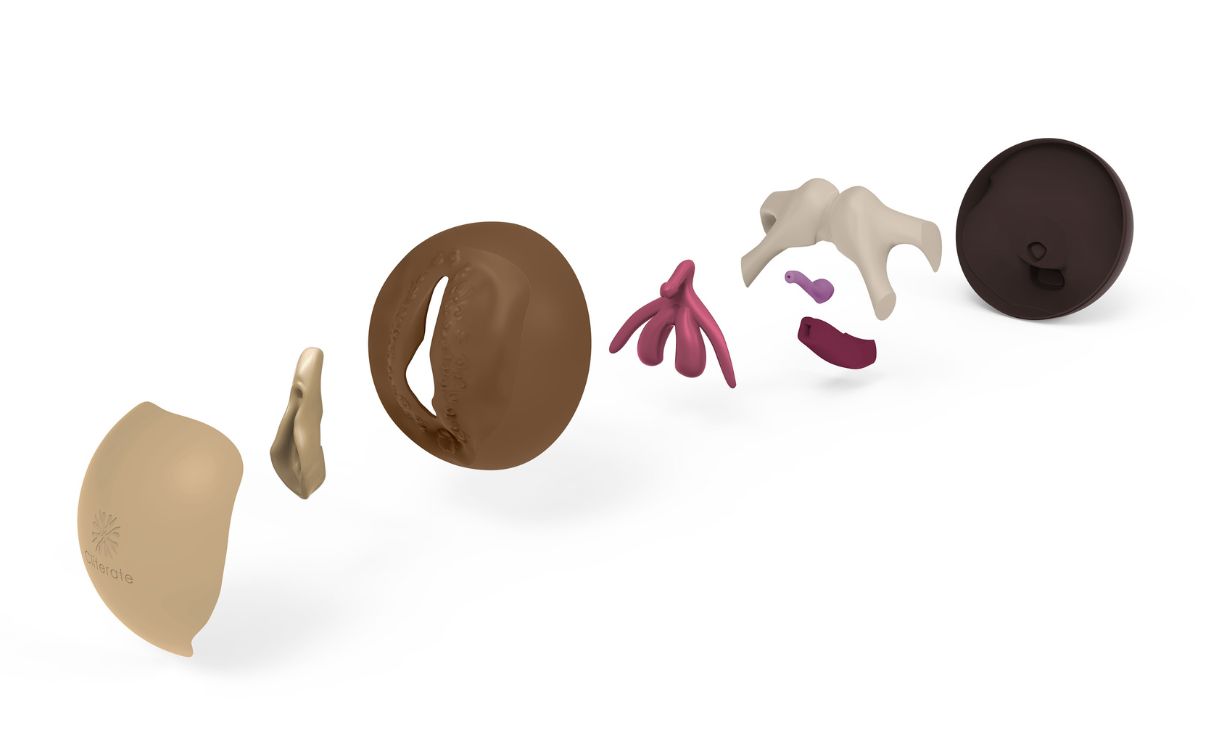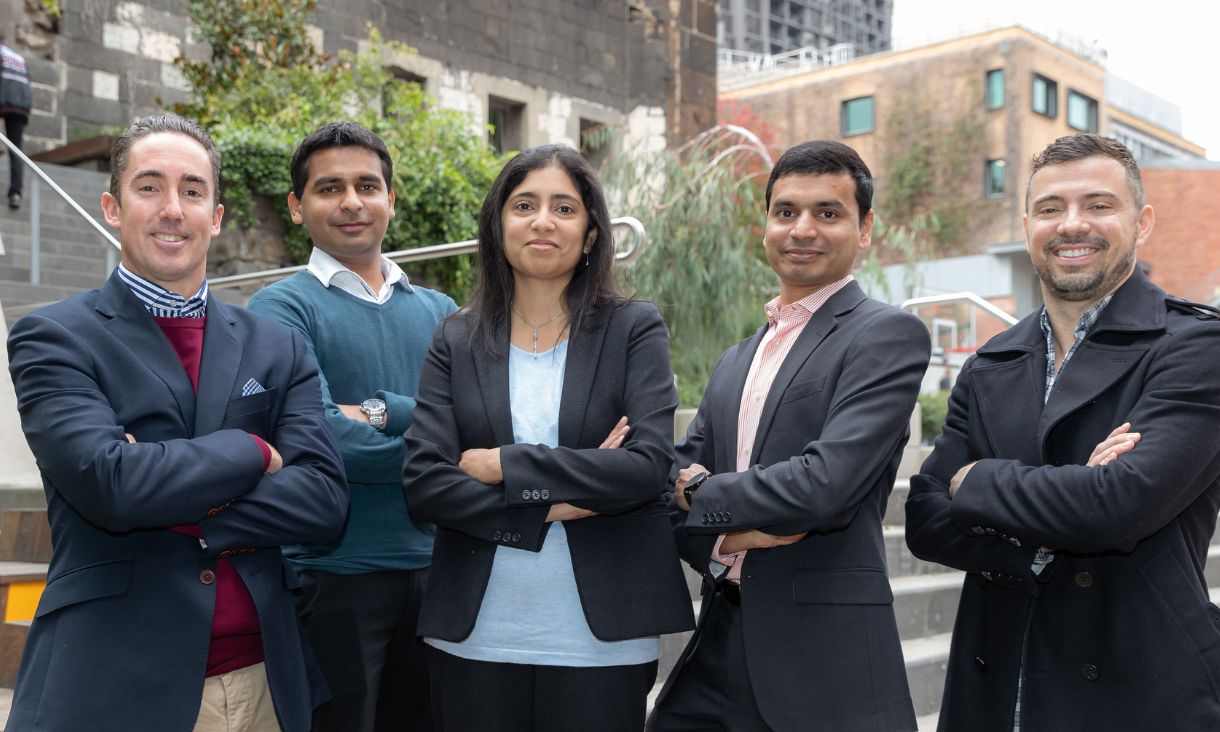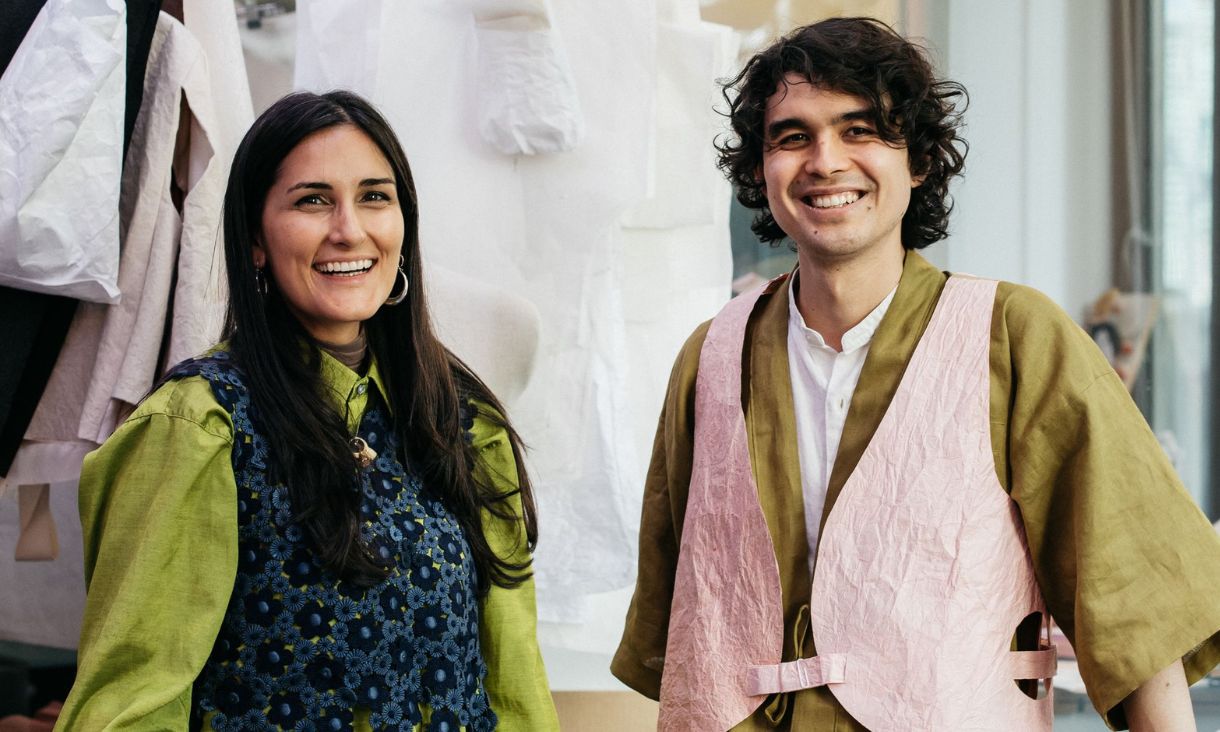Designing the world we want: RMIT returns to Melbourne Design Week
RMIT will again be represented throughout the Melbourne Design Week (MDW) program in 2025 with a range of stimulating events presented by its academics, students and alumni.
Australia’s visual and craft arts sector likened to the gig economy in new report
A new study into the incomes and career lifecycles of Australia’s visual arts and craft workers has revealed conditions are deteriorating.
“Not all heroes wear capes. They wear seatbelts.”
Young Australians aged 18-25 are the most likely to have travelled as a driver or passenger without wearing a seatbelt, and young animators such as RMIT Bachelor of Design (Animation and Interactive Media) student Olivia Hartanto are looking to change this.

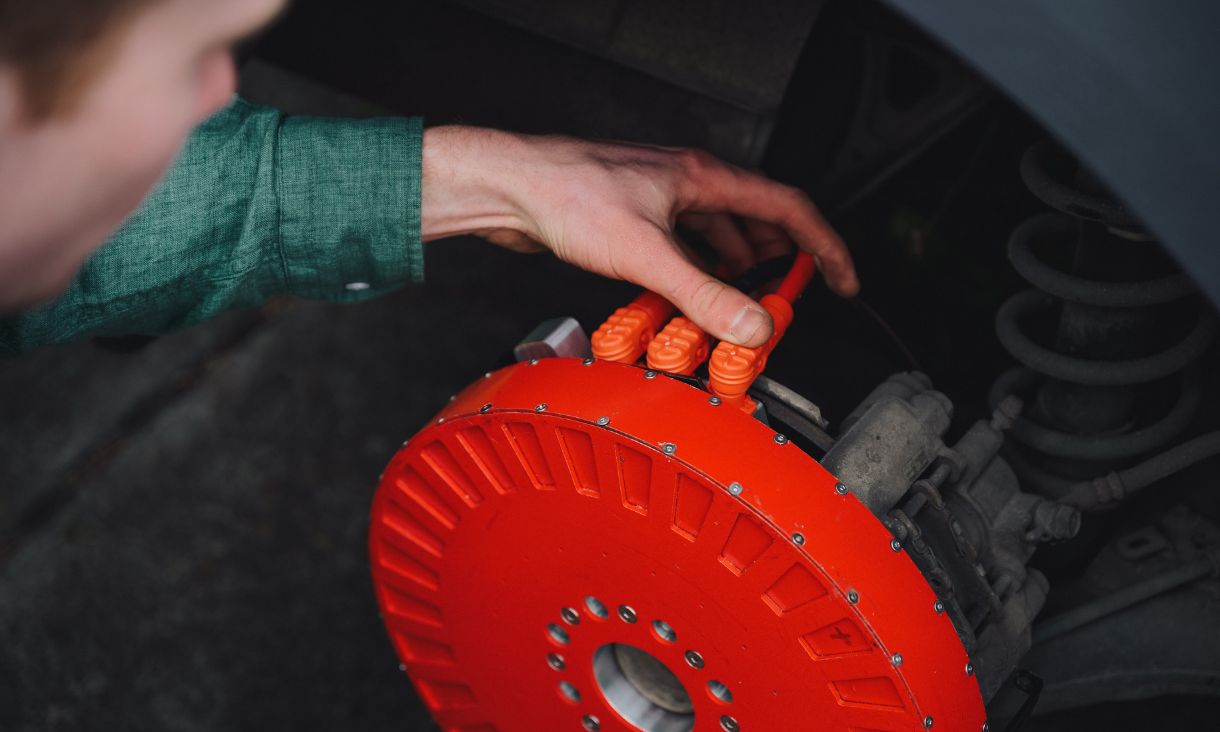
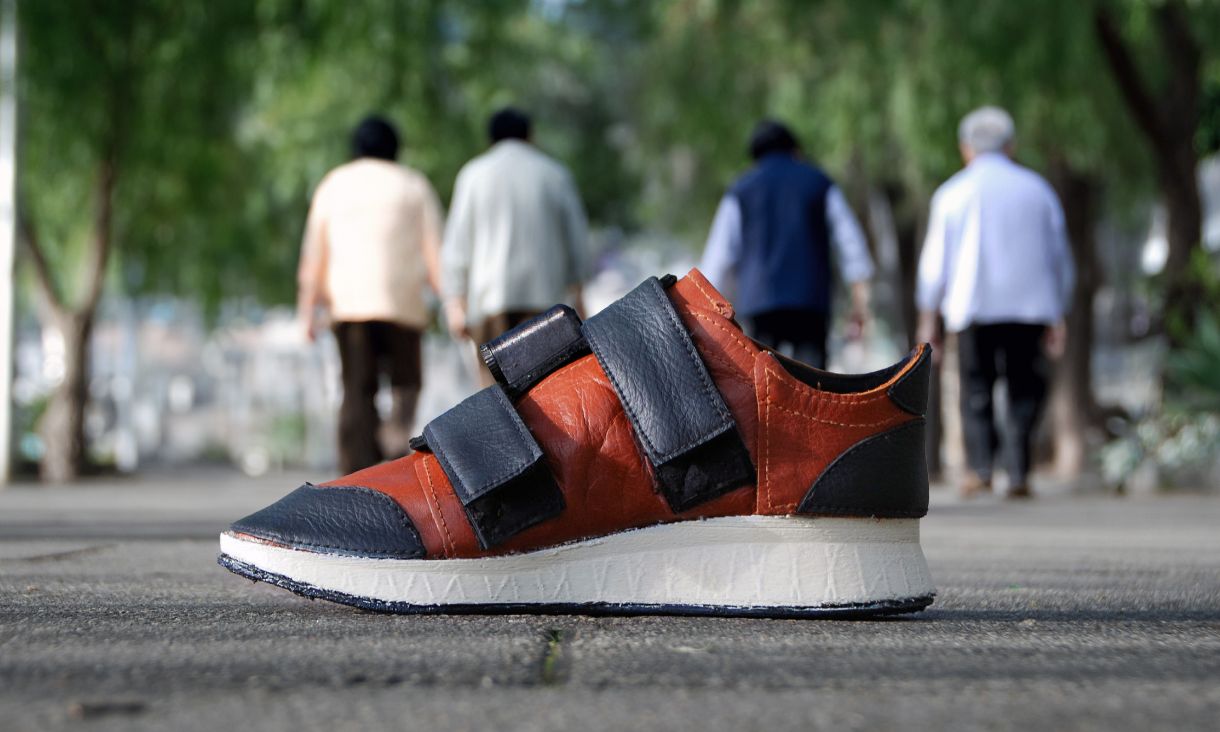
.jpg)

